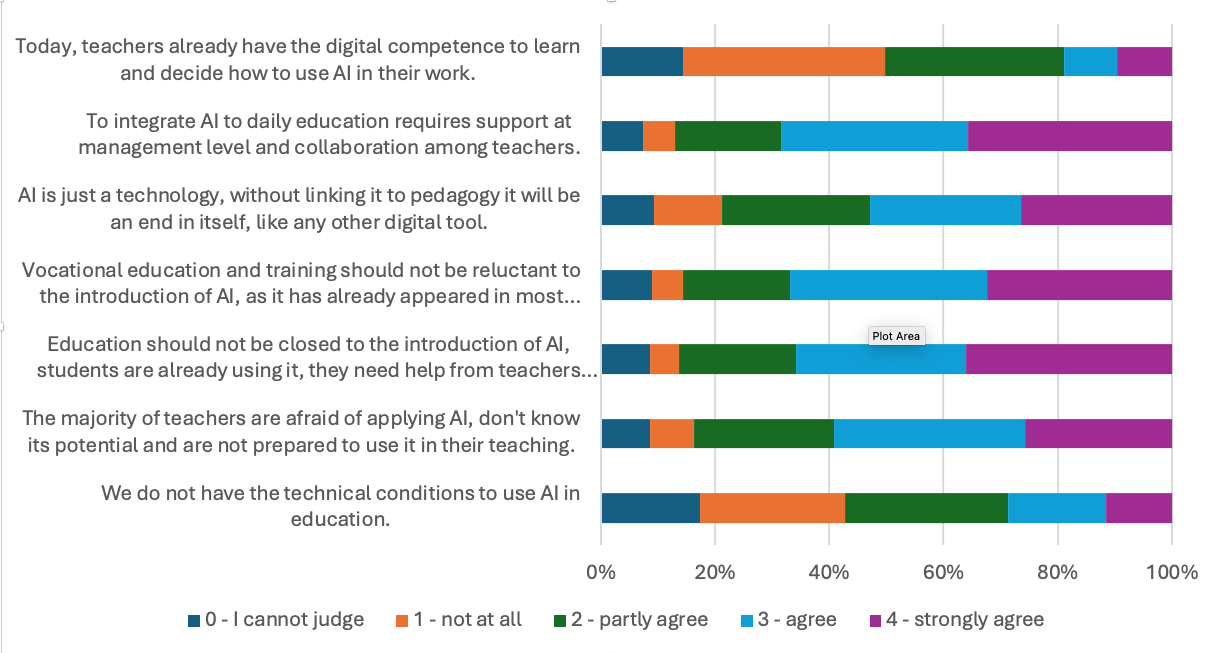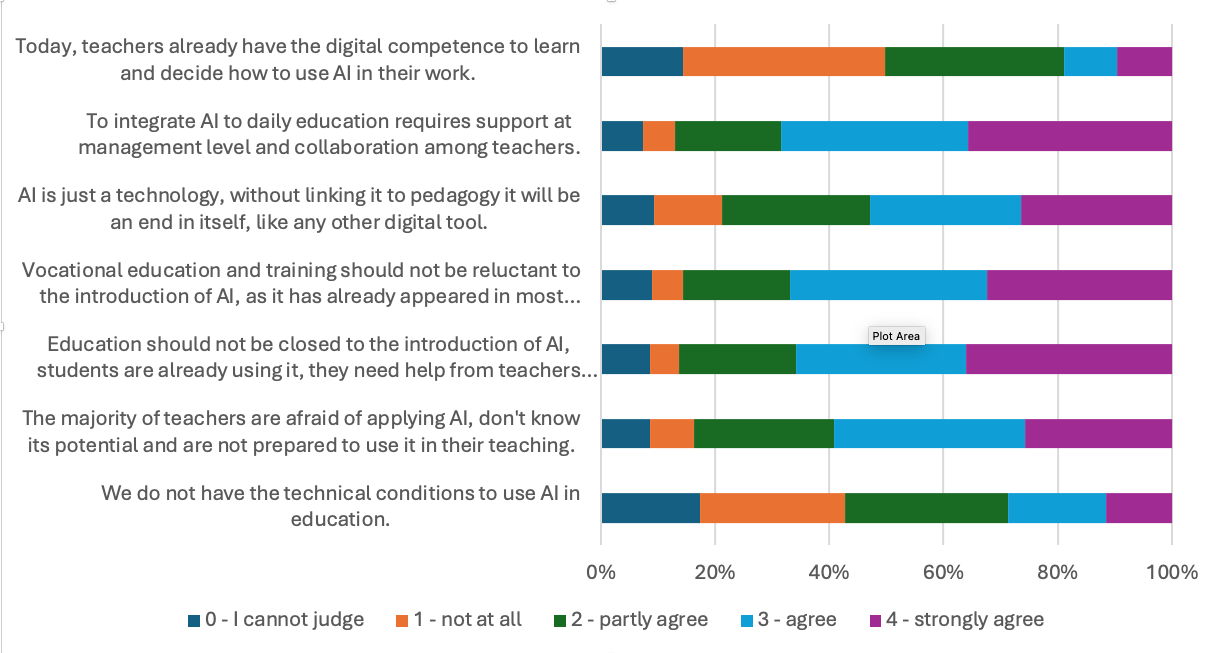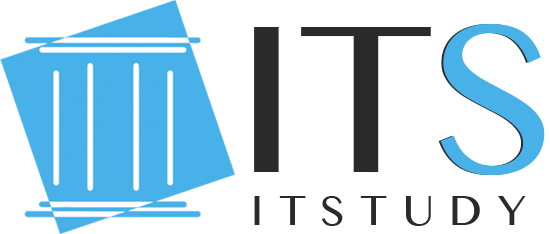
Horticulture 4.0: Vocational Education for Digital Transformation in Horticulture
The project consortium has set out to develop innovative, high quality teaching materials for horticultural educators on smart greenhouse technologies. The project will also contribute to the digital and green transformation of agriculture.
Main objectives and activities
- Identify digital skills needs for the operation of smart greenhouses, involving horticultural companies to reduce the digital skills gap.
- Develop flexible, modular and learner-centred micro-courses that enable agricultural vocational schools to respond quickly and relevantly to labour market needs.
- Developing digital skills and effective and innovative teaching methods for horticultural trainers, supporting learning and teaching in a virtual environment and making up-to-date knowledge on smart greenhouses available.
The partnership is developing learning outcomes-oriented themes and training materials to meet the growing needs of the agricultural labour market.
Precision technology in smart greenhouses has great potential for all sub-sectors of vegetable production and has been a key driver of the digital transformation of agriculture across Europe in recent years.
Planned results
1. Digital competences map of smart greenhouse professionals
2. Smart greenhouses curriculum
3. Smart greenhouses — practice-oriented learning content
- Module 1: Advanced digital skills for smart green houses
- Module 2: Smart technologies in greenhouses — planned topics
- Module 3: Innovative teaching methods
4. E-learning platform for delivering online course for VET teachers
5. Smart greenhouses e-book for VET teachers and trainers
In the final phase of the project, the partnership will produce the e-book "Horticulture 4.0 — Smart Technologies in Greenhouses" in English and in the languages of the partner countries: Hungarian, Serbian and Romanian. In addition to the teaching material, the book will also include the experiences of teachers who participated in the online course and tried out the digital tools and methods with their students, as well as suggestions from the horticultural companies involved in the project.
Project information
- Website: https://h40.itstudy.hu/
- ID: 2021-2-HU01-KA220-VET-000050665
- Program: Erasmus+
- Target group: VET teachers and trainers in the agricultural sector
- Beneficiaries: VET students learning for horticultural qualifications (IVET/CVET), VET providers and horticultural enterprises
- Részt vevő országok (és partnerek): Hungary (Alföldi ASZC Galamb József Mezőgazdasági Technikum és Szakképző Iskola – coordinator; iTStudy Hungary Számítástechnikai Oktató- és Kutatóközpont Kft.; Magyar Agrár- és Élettudományi Egyetem), Romania (Sapientia Erdélyi Magyar Tudományegyetem Marosvásárhelyi Kar), Serbia (Pro Scientia Naturae Alapítvány)
- Duration: 1 March 2022 – 28 February 2025

Project news
The project starts in September of 2025. We share here the results of our preliminary research in 2024 aimed to get clear evidence, that there is a strong need for guiding vocational teachers to understand the basic concepts of artificial intelligence and to equip them with the knowledge and skills to effectively integrate artificial intelligence (AI) into their teaching.
As part of the proposal development process, the project partnership conducted an online survey to assess vocational teachers' readiness, attitudes, and needs related to the integration of Artificial Intelligence (AI) in education.
Survey period: 17–23 July 2024 Platform: EU Survey portal Sample size: 269 valid responses Countries represented: Hungary (29.89%), Italy (35.06%), Spain (21.77%), Lithuania (12.18%) Gender distribution: 56.83% female, 42.44% male Educational background: 68.27% held a master’s degree (MSc), but only 9.96% had vocational qualifications Teaching experience: 73% had over 11 years of experience |
The primary objective of the survey was to validate the following preliminary assumptions:
Vocational teachers often face uncertainty and hold misconceptions about AI.
Teachers acknowledge the increasing importance of AI in the labor market and recognize the need to adapt accordingly.
Although students are already engaging with AI technologies, many teachers feel unprepared to incorporate them into their teaching practices.
Educators show a willingness to adopt AI in the classroom but require targeted professional development to do so effectively.

MAIN CONCLUSIONS
Teachers expressed both optimism and caution regarding AI’s role in education. While 43% agreed that AI is essential for the labor market, over 50% believed that most teachers are not yet prepared to integrate AI into their classrooms. Furthermore, teachers stressed that effective AI integration requires managerial support and teacher collaboration.
The survey results clearly justify the relevance of the project’s aims, confirming that vocational teachers need targeted support to understand and apply AI in their teaching and that there is strong interest in student-centered, AI-integrated methodologies aligned with labor market demands.
More details in the document: Secondary School Teachers' Attitudes Toward AI Integration in Teaching - Survey across four European countries.
Information: maria.hartyanyi@itstudy.hu
